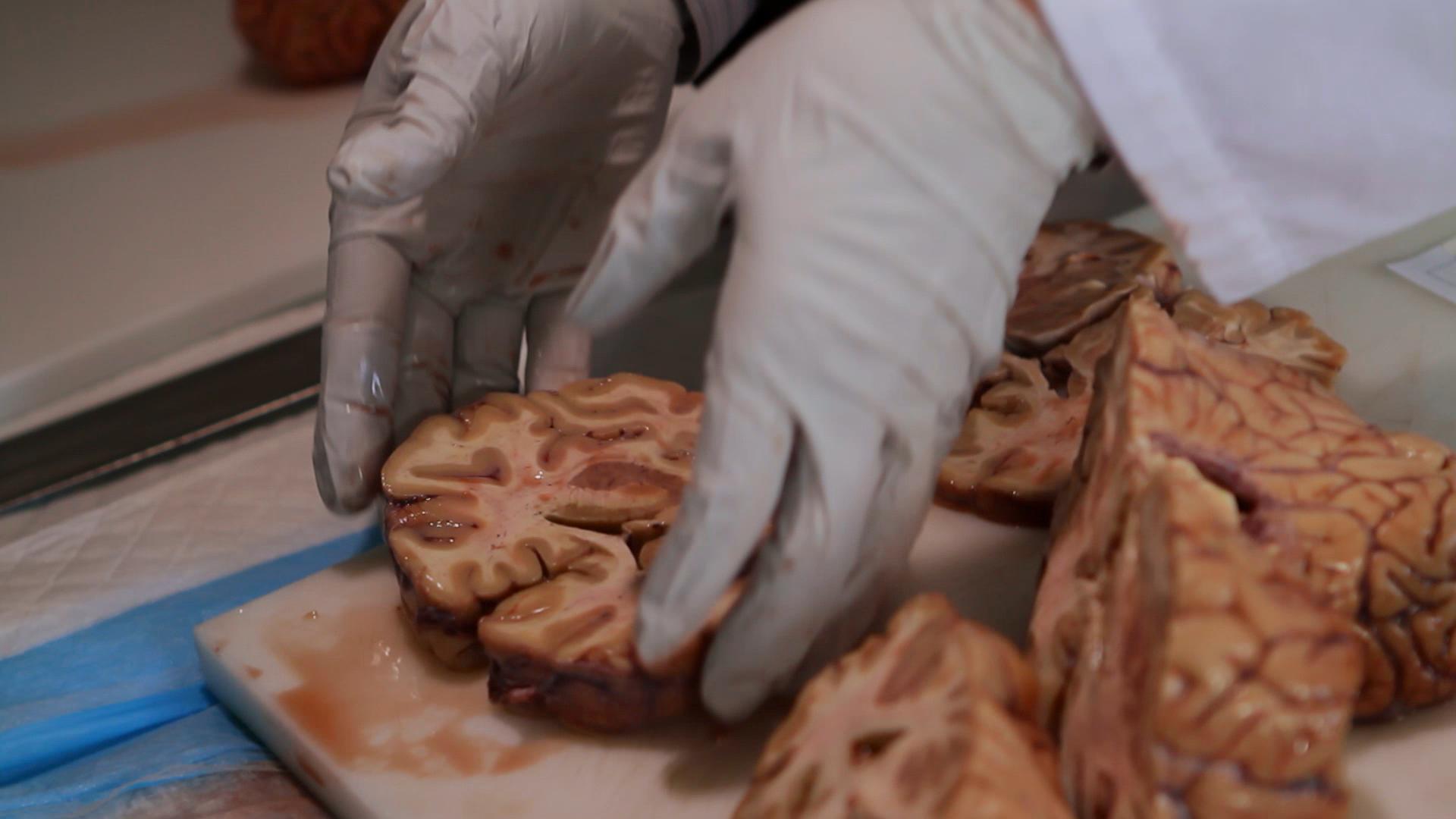Do Combat Vets Suffer the Same Devastating Brain Disease Afflicting Football Players?

The brain damage to soldiers who have experienced a blast injury during combat may be similar to damage sustained by some athletes, according to new research by scientists at Boston University’s School of Medicine.
Chronic traumatic encephalopathy, or CTE, is a neurodegenerative disease that’s been found primarily in boxers and football players who have experienced repetitive mild head trauma. In general, its symptoms appear gradually over a number of years. According to Boston University’s Center for the Study of Traumatic Encephalopathy, CTE can cause memory loss, depression and dementia, among other neurological problems. There is no cure.
The new study, published this week in Science Translational Medicine and in part financed by the Department of Veterans Affairs, found that when mice were exposed to explosions, “the animals developed evidence of the disease just two weeks after exposure to a single blast.”
Because a definitive diagnosis of CTE can only be made in a post-mortem examination, the study’s authors compared the brains of four deceased veterans against the brains of four former athletes and four people who had never received a concussion. BU’s Dr. Ann McKee found evidence of CTE in the first two groups but not the latter.
The implications could be profound, writes Times reporter James Dao:
The paper provides the strongest evidence yet that some and perhaps many combat veterans with invisible brain injuries caused by explosions are at risk of developing long-term neurological disease — a finding that, if confirmed, would have profound implications for military policy, veterans programs and future research.
CTE is already a well-publicized concern for ex-football players, particularly in light of NFL safety Dave Duerson’s suicide in February 2011. Duerson requested his brain be donated to BU before he shot himself in the chest; scientists later discovered he was suffering from CTE.
The increased attention to football players and brain trauma is also playing out in courtrooms across the country, posing a financial threat to the NFL. To date, 76 complaints have been filed by about 2,150 former NFL players accusing the league of not properly protecting them against concussions. And recent research has found that Owen Thomas, the 21-year-old captain of the University of Pennsylvania football team who committed suicide in April 2010, was in the early stages of CTE. He had never been diagnosed with a concussion.
According to the Times, this is the second time CTE has been detected in the brains of veterans; last year, Dr. Bennet Omalu detected evidence of the disease in a Iraq war vet who had committed suicide. While the implications of the new findings are unknown, it is estimated that anywhere from 115,000 to 400,000 soldiers who have served in Iraq or Afghanistan suffer from traumatic brain injury, or TBI, which the Times notes is “widely considered the precursor to CTE.”
This week’s new research has its detractors, who, in the Times article cite concerns ranging from the study’s small data set to its reliance on mice instead of humans to isolate blast-only injuries. In addition, there are also other studies in the works on similar topics. Dr. Omalu, for instance, told the Times that he has a paper in the works that looks at CTE in eight veterans who had been diagnosed with PTSD before their deaths. The results could complicate how the military diagnoses PTSD, a process that’s already under review by the Army.
Bonus: In order to study CTE, scientists need brains. As NPR’s Only A Game recently reported in light of former NFL linebacker Junior Seau’s recent suicide, there is intense competition among researchers to obtain the brains of the deceased. The show’s audio and written pieces offer a unique look at an emerging field of study.




